Author: admin
-
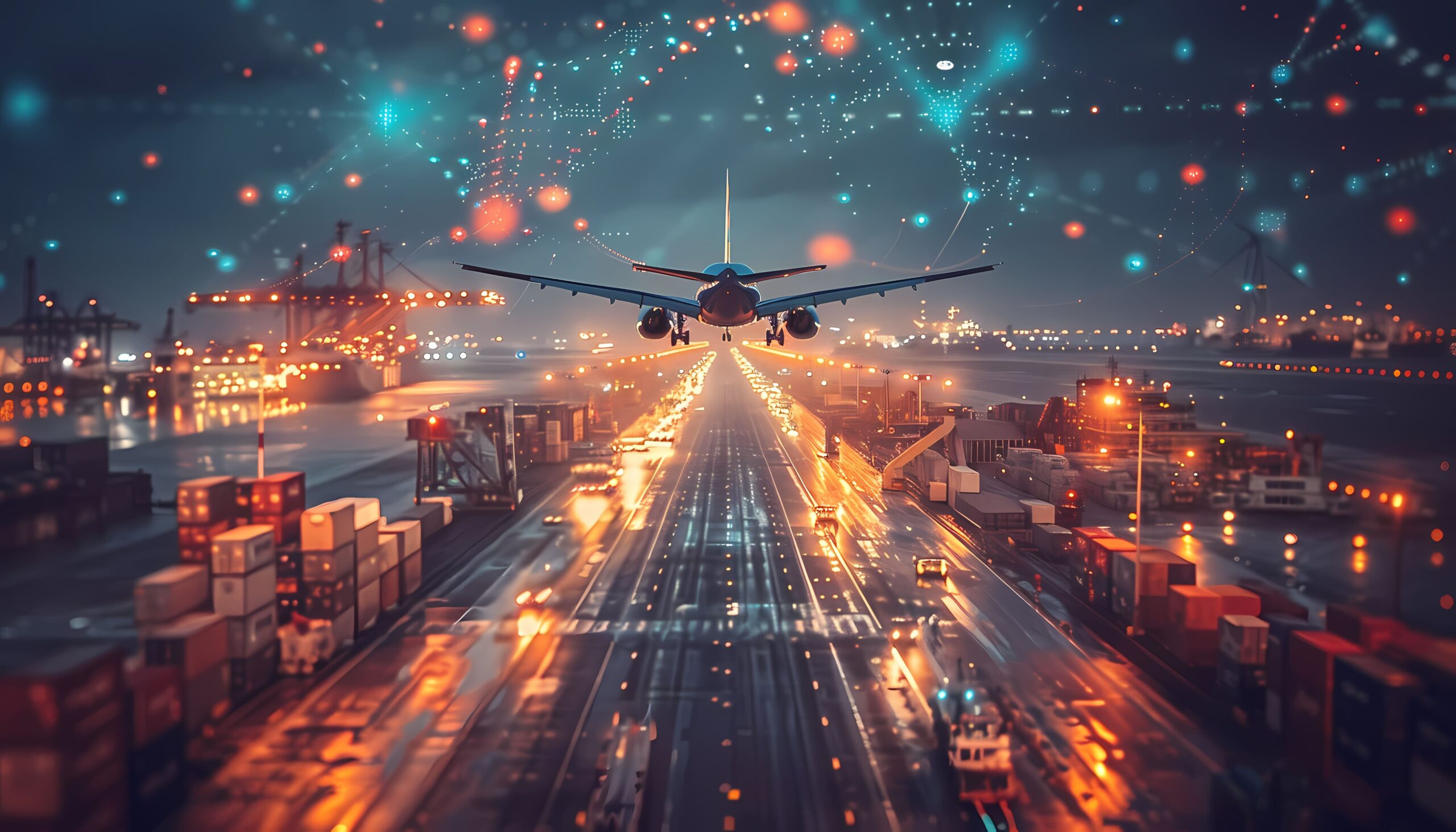
Navigating Global Trade with Confidence: Why International Sea Freight Services Matter
Home Blog Navigating Global Trade with Confidence: Why International Sea Freight Services Matter In today’s rapidly globalizing world, international sea freight services play a critical role in connecting businesses with international markets. From raw materials to finished products, the ocean remains the most economical and reliable route for transporting bulk cargo across continents. At Fulcrum…
-
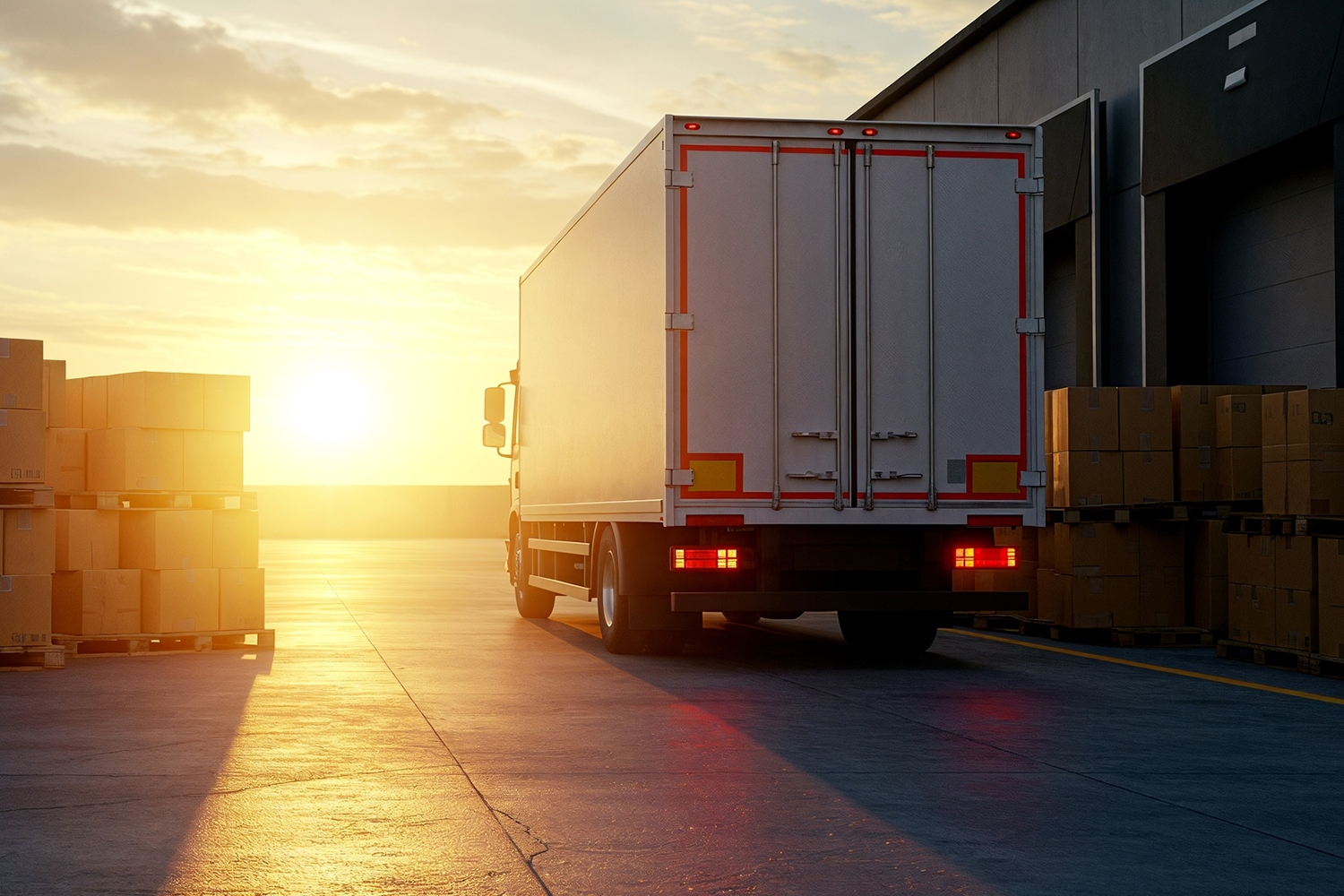
Reliable and Scalable Transport Services in India
Home Blog Reliable and Scalable Transport Services in India India’s growing economy demands a robust and responsive transport ecosystem to ensure the smooth flow of goods across its vast geography. From e-commerce deliveries to industrial supply chains, businesses today rely on professional transport partners who can deliver efficiency, visibility, and speed. That’s where Fulcrum Strategic…
-
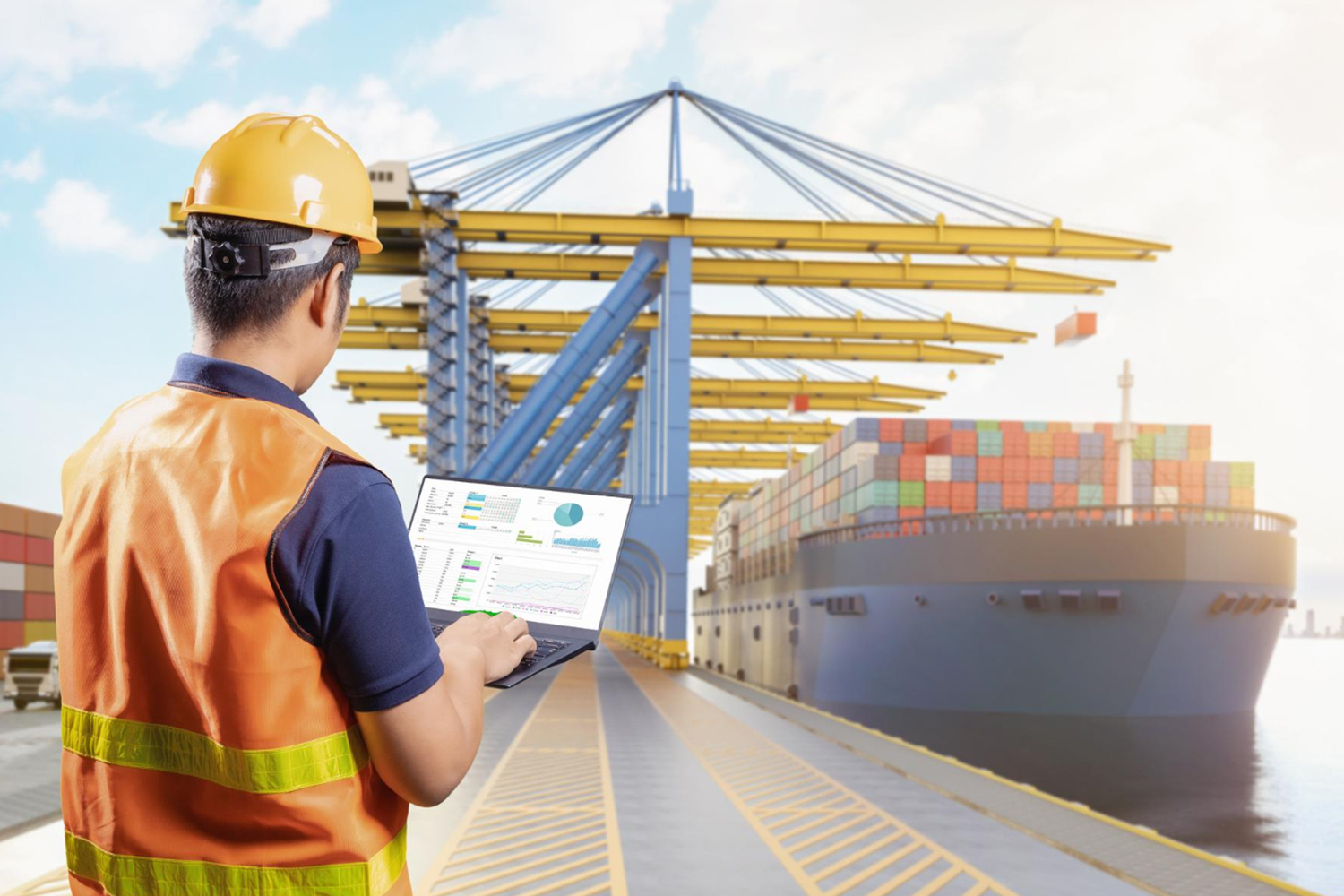
Streamline Your Global Shipping with Expert Sea Freight Forwarding Services!
Home Blog Streamline Global Shipping with Sea Freight Forwarding Experts In today’s fast-paced international trade, reliable sea freight forwarding services are crucial to keep your supply chain smooth and cost-effective. Whether you’re shipping bulk cargo or time-sensitive goods, professional sea freight forwarders manage everything—from documentation and customs clearance to route planning and vessel booking. With…
-
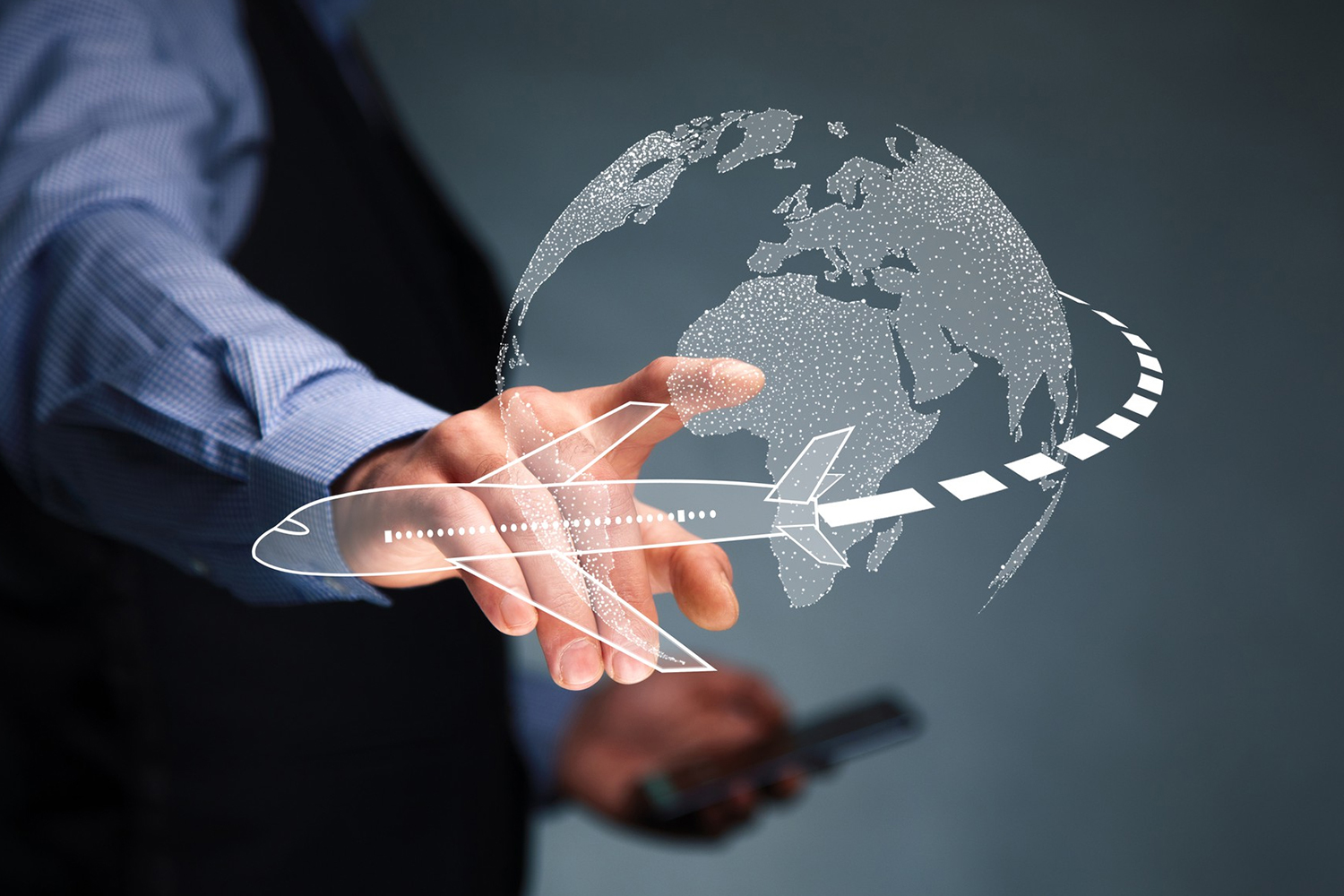
Experience the Advantage of Comprehensive Global Air Freight Services.
Home Blog Experience the Advantage of Comprehensive Global Air Freight Services. When speed and efficiency matter most, air freight is the go-to solution for shipping your goods across continents. From urgent documents to high-value cargo, worldwide air freight services ensure timely delivery with expert handling and secure transit. Why choose air freight? Rapid delivery to…
-
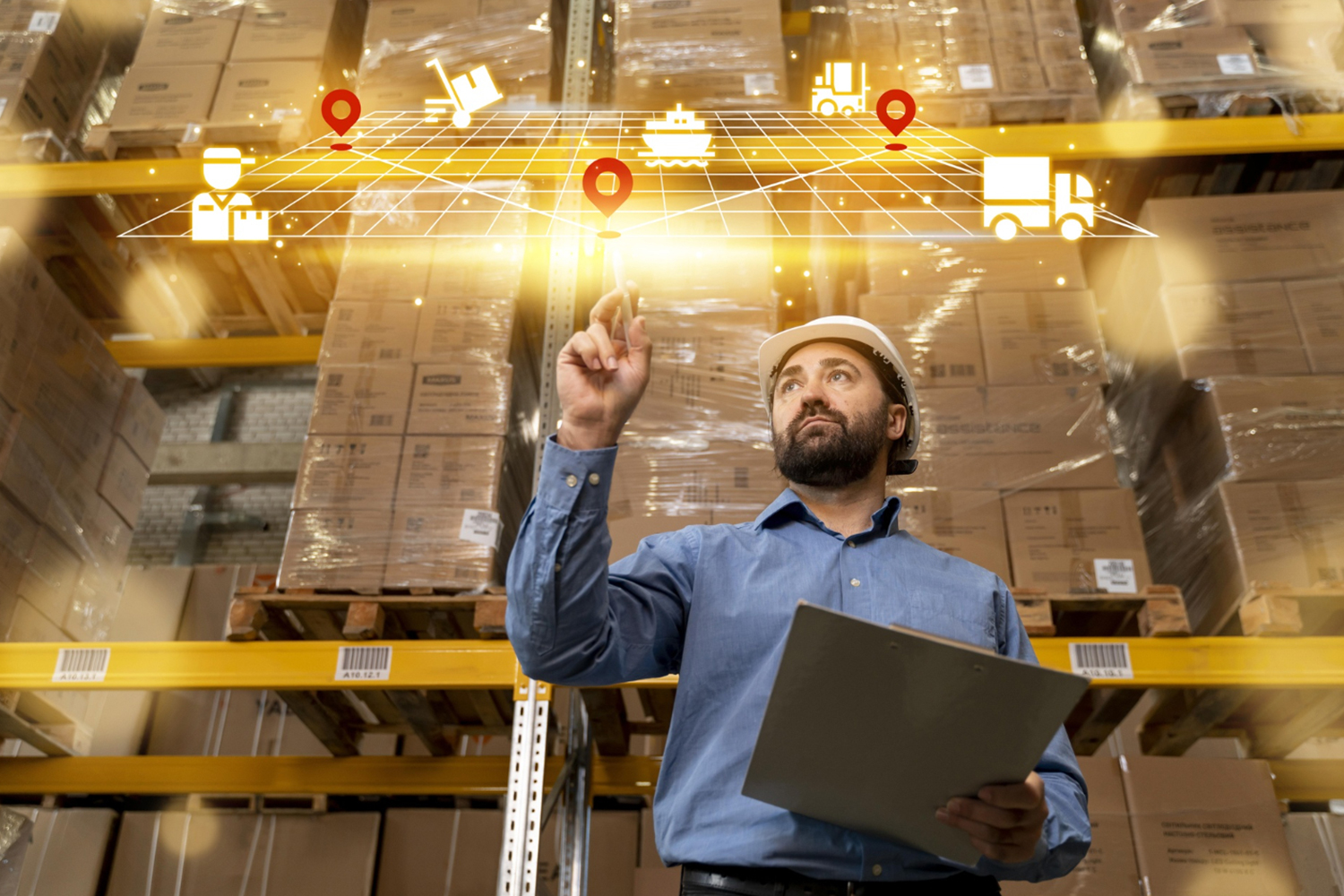
Seamless Warehousing & Logistics Services That Power Your Supply Chain
Home Blog Why Mumbai Is a Strategic Hub for Modern Warehousing Solutions In today’s competitive market, efficient warehousing and logistics are not just operational needs—they’re strategic advantages. From inventory management to last-mile delivery, streamlined logistics ensure products move faster, smarter, and more cost-effectively. Partnering with the right provider means: Optimized storage solutions Real-time inventory tracking…
-
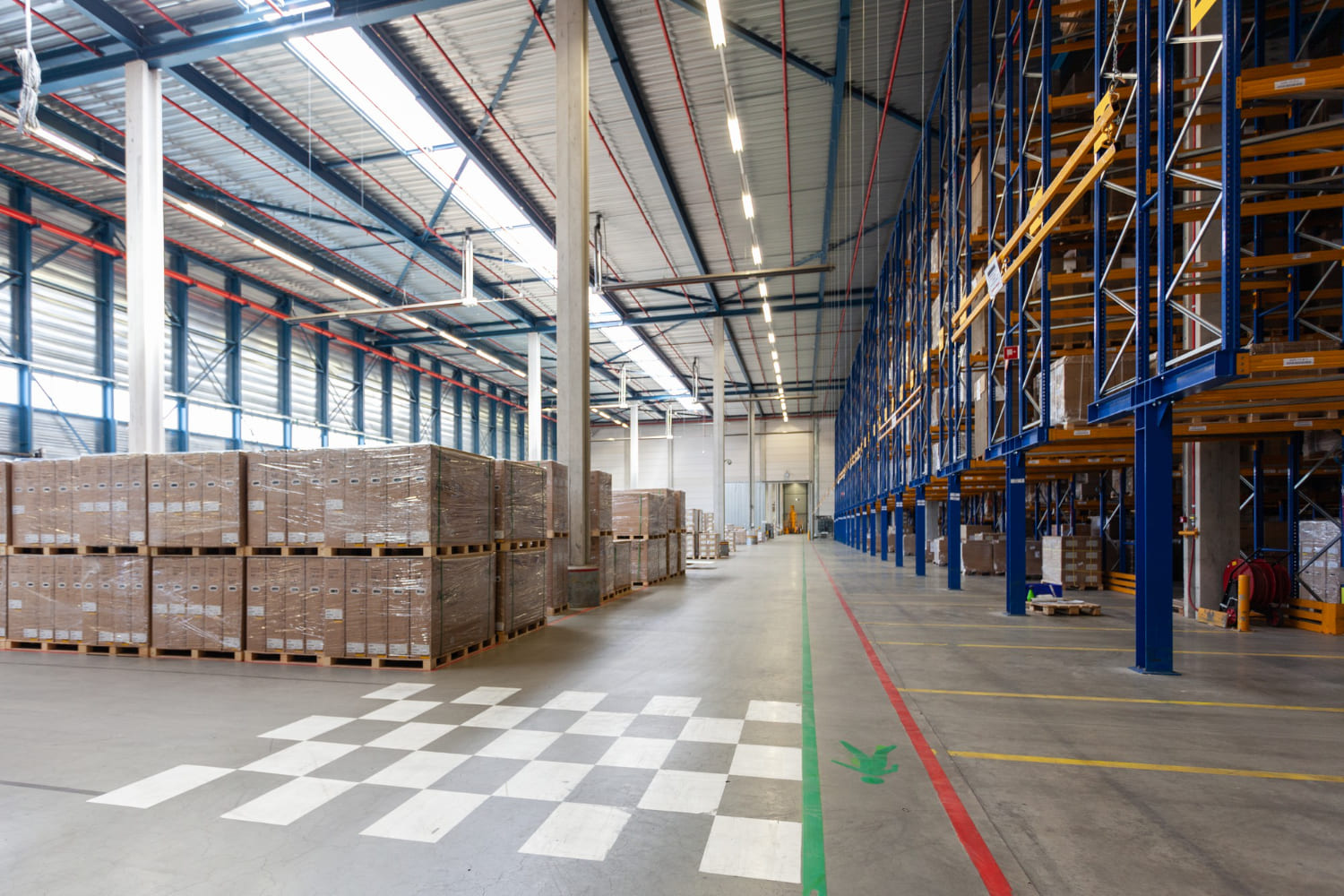
Why Mumbai Is a Strategic Hub for Modern Warehousing Solutions
Home Blog Why Mumbai Is a Strategic Hub for Modern Warehousing Solutions With its robust infrastructure, strategic location, and diverse industrial base, Mumbai stands out as a key player in delivering comprehensive warehousing services.One of the primary reasons Mumbai is at the forefront of warehousing services is its geographic advantage. Positioned on the western coast…
-
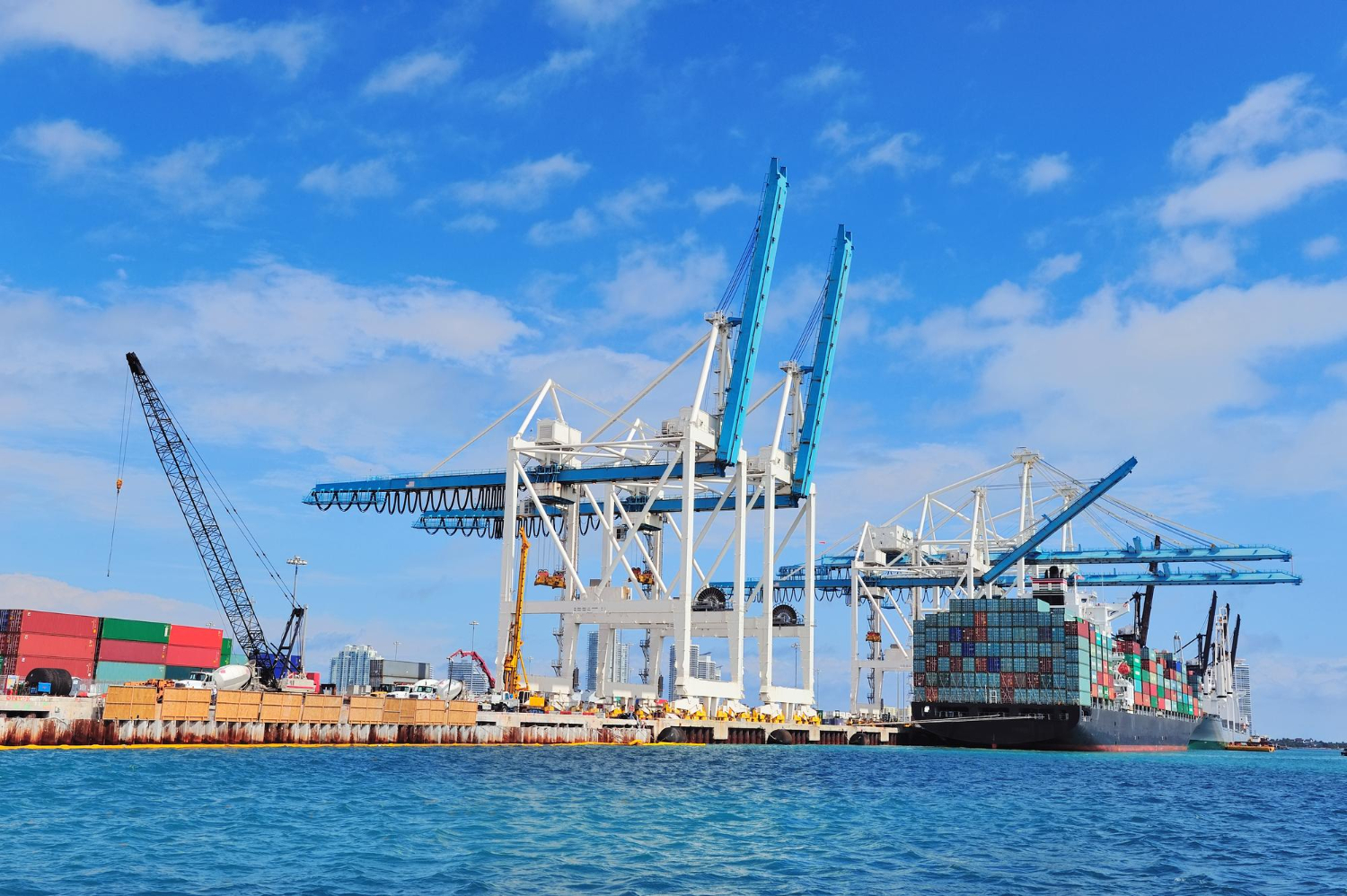
What Is Sea Freight Forwarding and How Does It Works
Home Blog What Is Sea Freight Forwarding and How Does It Works One of the most common methods for transporting goods across borders is through sea freight forwarding. This blog will explore what sea freight forwarding is, how it works, and the advantages it offers, particularly focusing on sea freight forwarding services, sea freight services,…
-
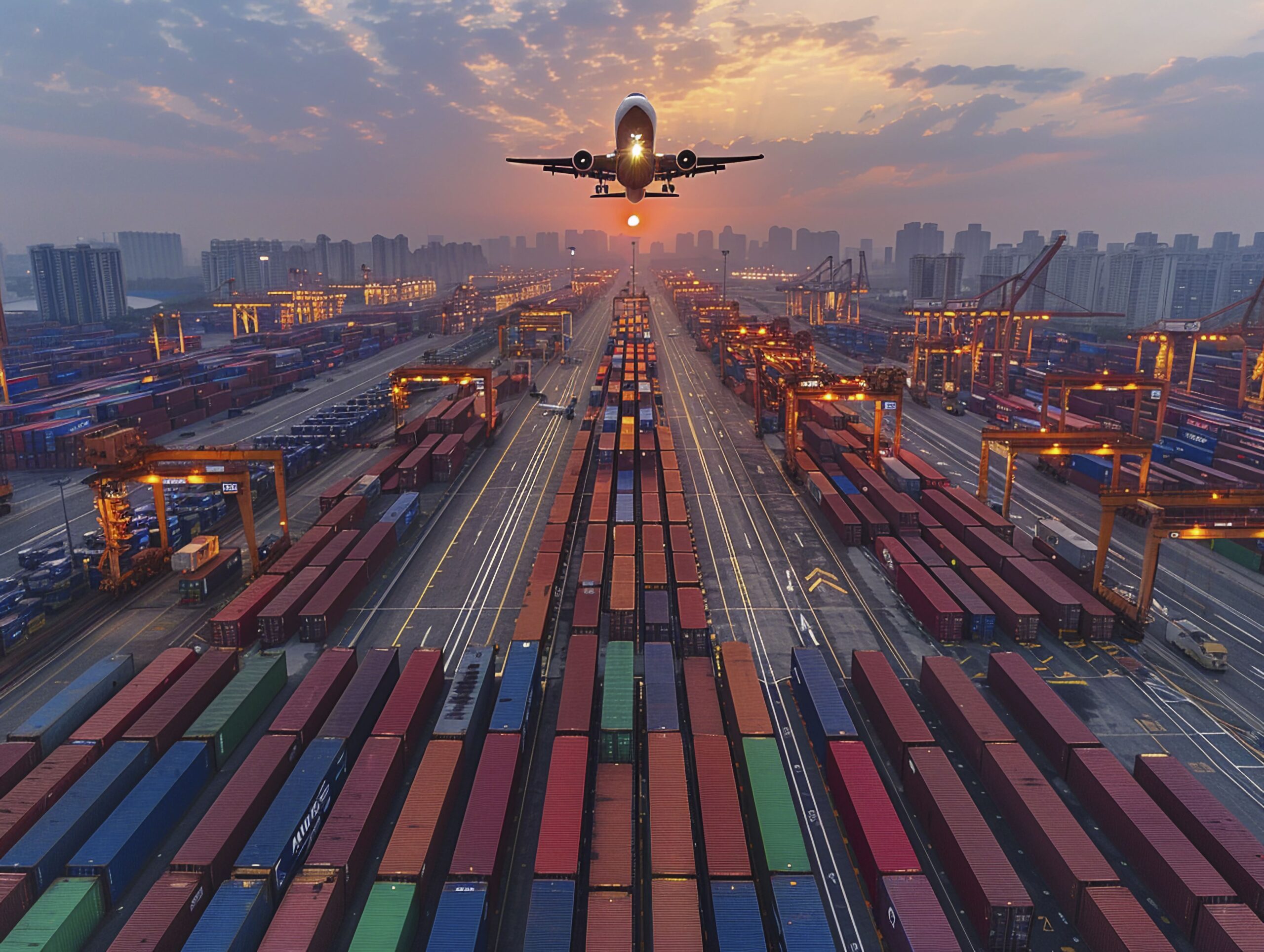
How Indian Businesses Can Benefit from Reliable Air Freight Solutions
Home Blog How Indian Businesses Can Benefit from Reliable Air Freight Solutions Indian businesses recognize the need for rapid product delivery. Whether its essential components for manufacturing or finished products ready for the market, the importance of timely transportation cannot be overstated. Air freight services excel in this area, providing businesses with the ability to…
-

Why Air Freight is a Smart Choice for Your Business in India Air Fr
Home Blog Why Air Freight is a Smart Choice for Your Business in India In India, air freight services are essential to the prompt and effective movement of commodities. High-value, urgent, and perishable items including electronics, medications, and fresh fruit are handled by them. Services Offered by Air Freight Companies 1.Express Freight: Fast delivery for…
-
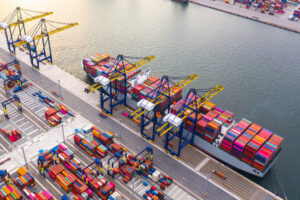
MARITIME SAFETY
Home Blog Maritime Safety Maritime shipping is perhaps one of the most important industries in the world but it is also one of the most dangerous. Maritime safety is the protection of all the crew and passengers aboard vessels as well as those living or working near bodies of water, from hazards and the risk…